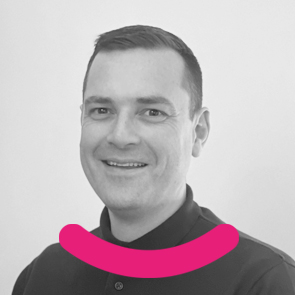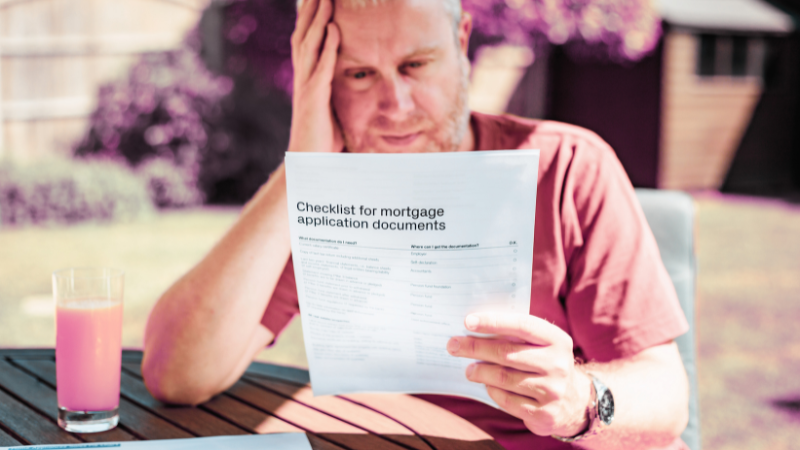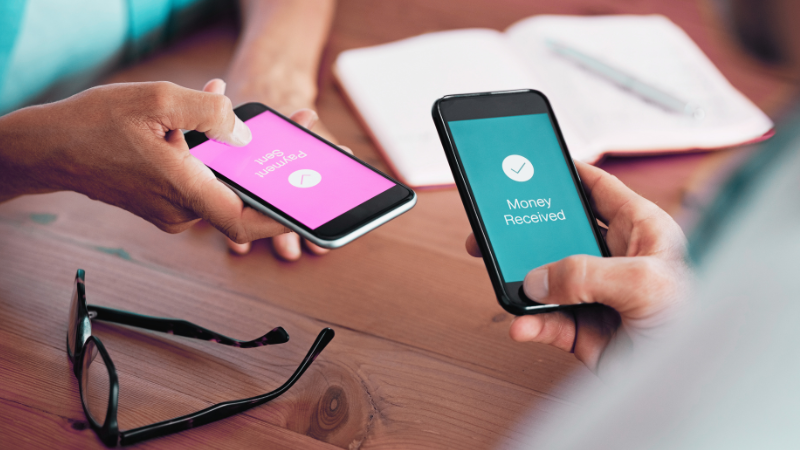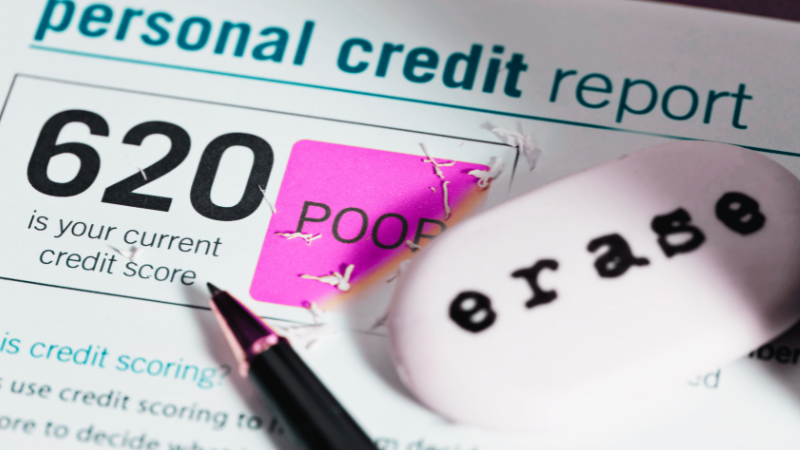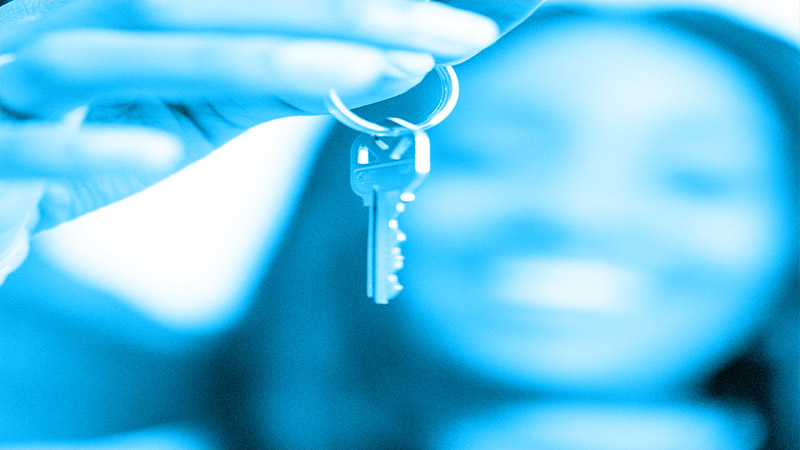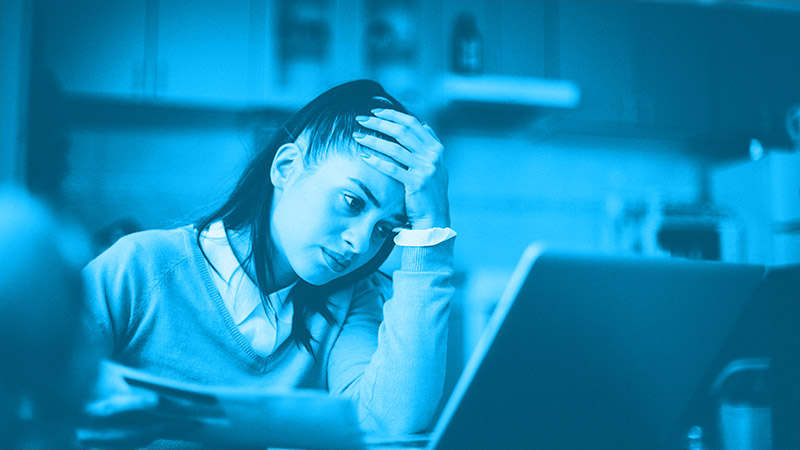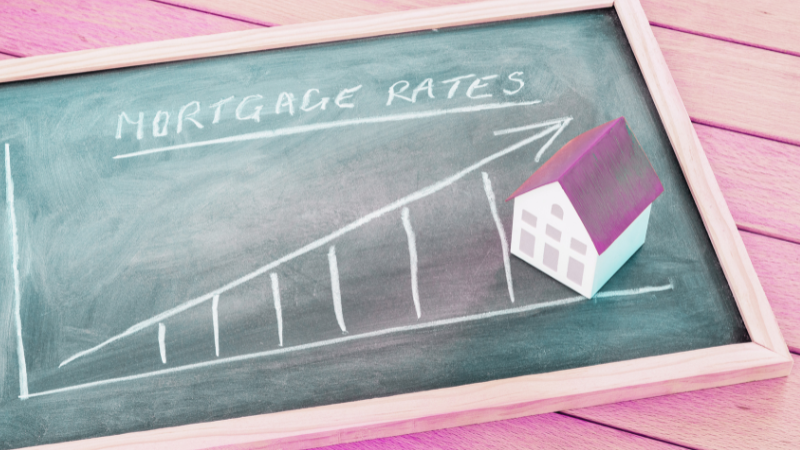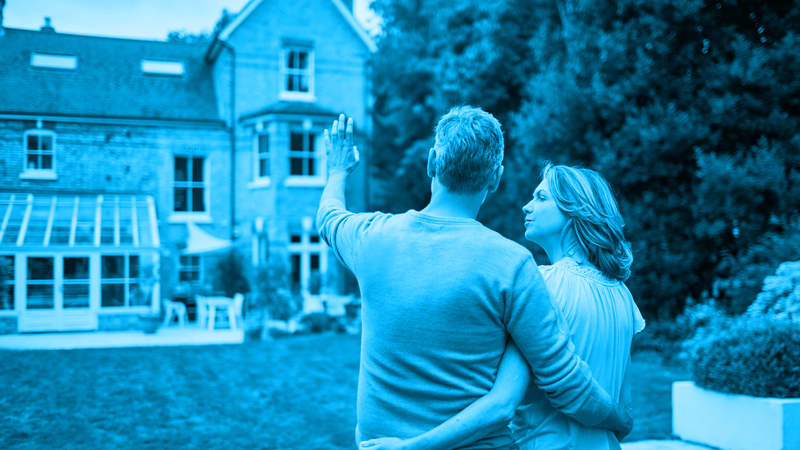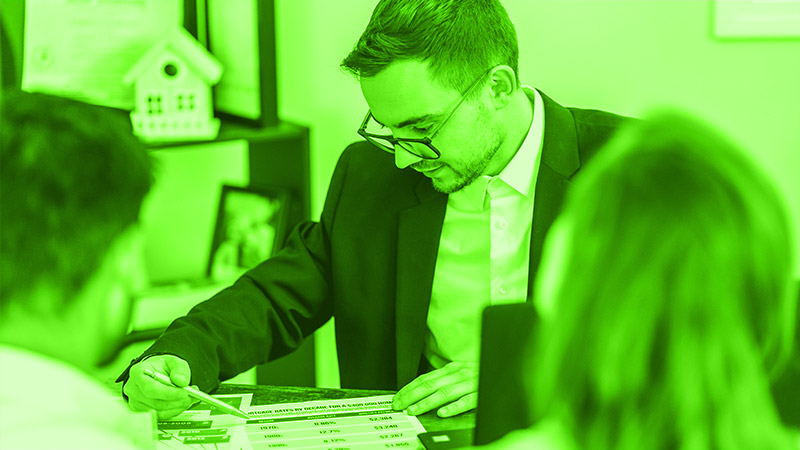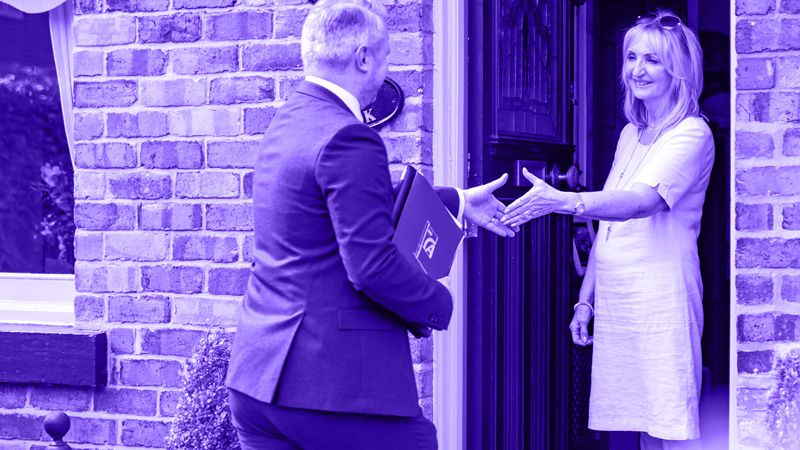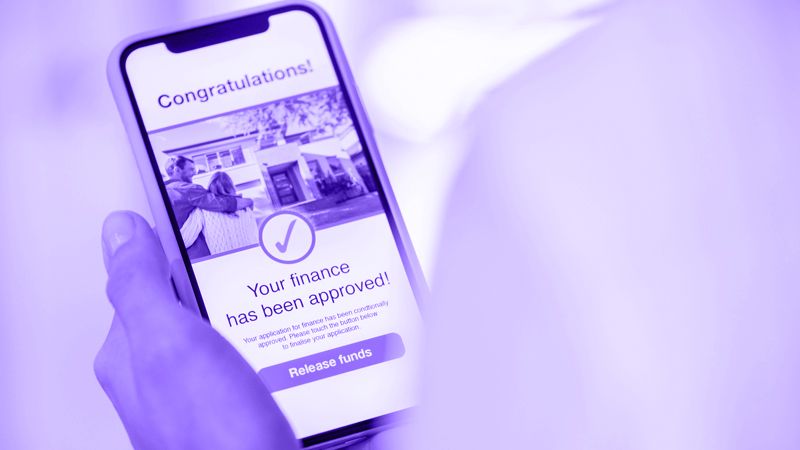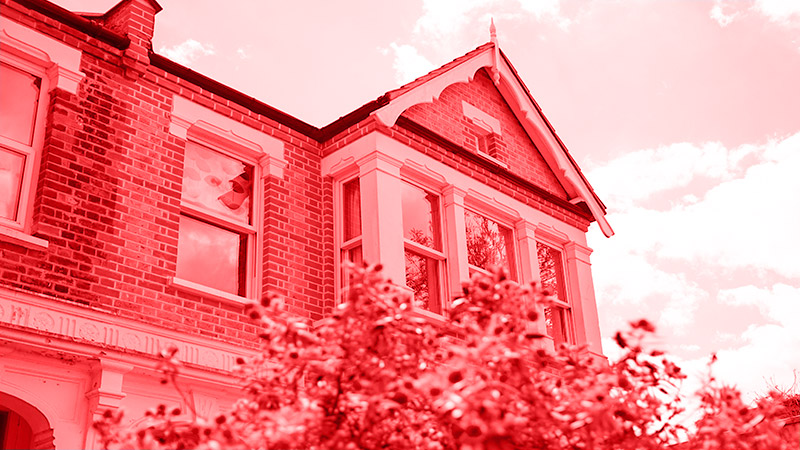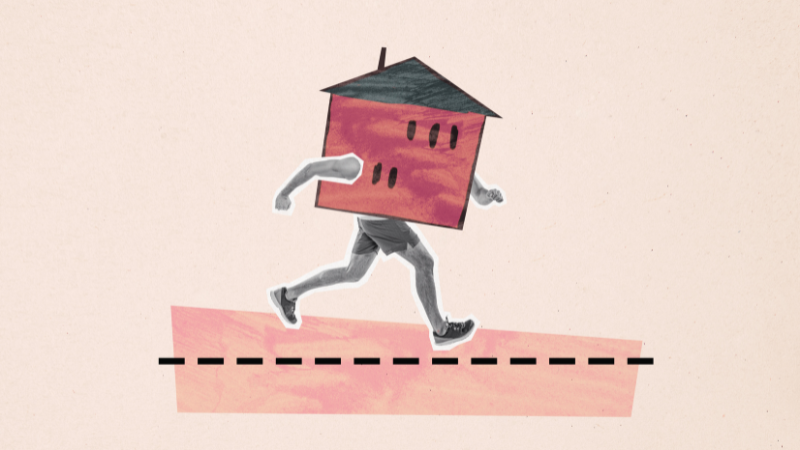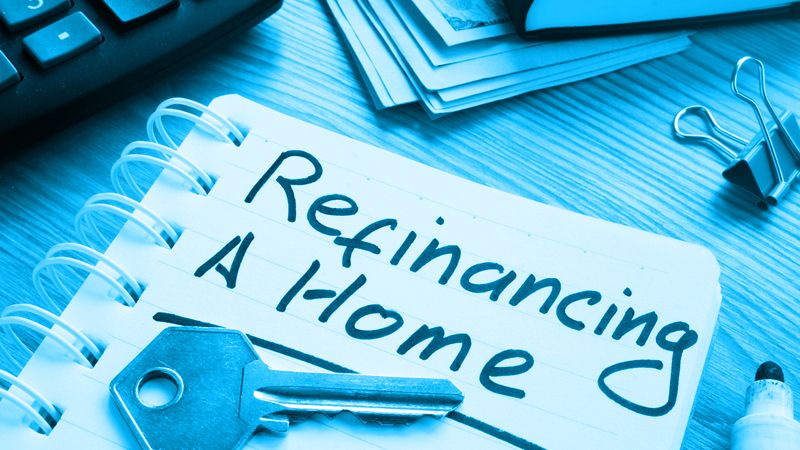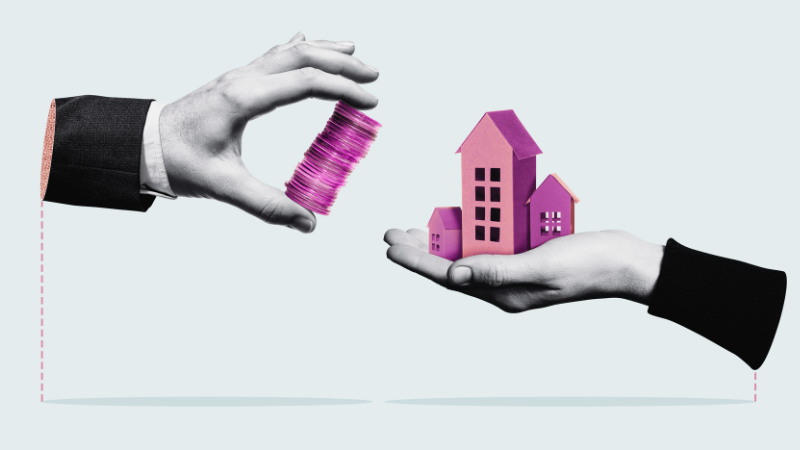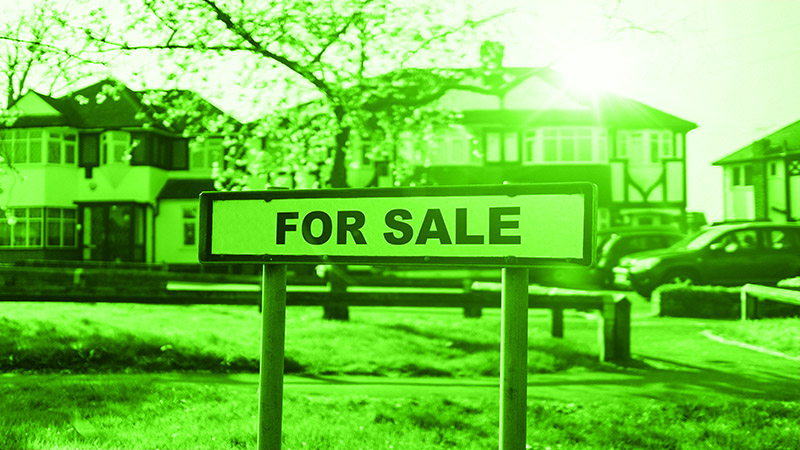What happens when you pay off your mortgage in the UK? Here we explain the whole process and what’s involved during this exciting time.
Settling your mortgage once and for all brings a new sense of achievement and pride in the home you truly own.
But what happens when you pay off your mortgage?
Do you throw a party and kick up your feet, or are there other steps you need to take to establish property ownership?
This guide explores what happens when you pay off your mortgage and what to expect.
Final mortgage payment
Ask the lender for your mortgage redemption details or quote before making the final payment. It includes the final amount due to settle the home loan and any associated fees.
The quote shows how much interest and principal you need to pay to own your home free and clear.
You may have to pay some fees with the final mortgage payment to release the final paperwork and ensure the lender takes care of the necessary administration work.
Such fees could include an account fee if you deferred it to the end of the mortgage term and an exit or redemption fee.
Quick help mortgage guides:
- Best offset mortgage rates UK
- Can you get a mortgage 7 times your salary?
- Contractor mortgages
- Best lifetime tracker mortgages
- Expat mortgages
- Mortgage repayments on a 300k a month mortgage
What documents can you expect?
Once you’ve officially paid off your mortgage, you’ll receive a closing statement letter from the lender confirming you have repaid your mortgage in full and some paperwork to complete.
They’ll also send you a copy of your title deeds and a discharge that removes the lender’s charge over your home.
The lender can remove the charge on your property, or you can instruct your solicitor to discharge the standard security from the Land Registry.
They can help you finalise the arrangements, update the Land Registry and obtain a copy of your deeds. You’ll also pay a small fee for the deeds.
The process is relatively straightforward. The solicitor prepares an application for discharging the security and sends it to the lender for signing.
Once it’s signed and returned to the solicitor, they send it to the Land Registry with the application form and fee.
The application is then processed, and the relevant register is updated to remove the standard security.
If the lender hasn’t sent you any documentation after paying off your mortgage, ensure you contact them and request confirmation that your mortgage has been paid in full and charges on the property removed.
How is your credit score affected after you pay off your mortgage?
Shortly after clearing your mortgage, your credit report will update, but there’ll likely not be a dramatic increase in your credit score.
Over the years, your payment history and amount owed have already been factored into your credit score. Every situation is different, and debt is only one factor that affects your credit score.
For example, the effect on your credit score can be noticeable if you’re paying off a large lump sum. The credit report will suddenly show a much lower or zero amount owed.
Such a metric can be a significant component in your credit score, resulting in a nice positive bump. However, the effect can be negligible if you already have excellent credit.
Ensure you check the report 30 or 60 days after paying off your mortgage to confirm that it reflects as paid off and there are no outstanding balances which can affect your credit score.
Other steps after paying off your mortgage
· Contact your insurance company
Contact third parties like the home insurance linked to your mortgage, and inform them that you’ve cleared the mortgage and no longer owe the mortgage lender any money.
If you were paying through the lender, inform them you’ll now pay the bills directly and have them remove the lender from the policy. Ensure you do the same for any other insurance, like a flood coverage policy.
· Cancel automatic payments
Cancel any direct debit or the automatic monthly mortgage payments you had set up to ensure you don’t make unnecessary payments to the lender and start chasing refunds.
· Contact the tax collector
If property tax statements have been going to the lender, you have to contact them and let them know of the change in ownership if the lender hasn’t done so already. Ensure all statements come to you directly.
· Set money aside for insurance and taxes
Now that you’re a complete property owner, you must consider property tax obligations and ensure you stay protected by keeping up with payments for homeowner’s insurance.
Insurance protects the house structure and your personal liability and contents.
What happens after paying off a mortgage early?
While paying off your mortgage early provides excellent relief from years of monthly payments, most lenders will impose early exit penalties or fees.
Such charges are aimed at helping lenders get back some of the money they lose in interest when you repay the mortgage early.
Consult the terms and conditions of the mortgage agreement before you pay off the mortgage early or make more significant mortgage repayments.
Early repayment charges are usually a percentage of the loan or equivalent to a certain number of monthly payments.
Sometimes the cost of penalty charges and exit fees can outweigh the benefits of clearing the mortgage early, and the last thing you want is to lose money while trying to save money.
Recommended reading for mortgage hunters:
- Mortgage deposit gifts
- How much does a mortgage broker cost?
- Can you build on the green belt?
- Shortest term mortgage in the UK
- Buying a warehouse in the UK
- Porting a mortgage explained
- Transferring a mortgage
Can you remortgage after paying off your mortgage?
Yes. When you own the property outright, you’re in a better position, usually called mortgaging an encumbered property.
Since you own all the equity in the property, you’ll be attractive to lenders and can access better deals with competitive rates and terms.
Full ownership also provides more security. If you default, the lender can quickly recover the debt by repossessing and selling the property without other lenders preventing them from settling the debt.
What happens after paying off an interest-only mortgage?
With interest-only mortgages, you only repay the interest on the loan over the loan period and then repay the original capital at the end of the term.
You can repay the capital using your savings, by remortgaging, or sell the property and use the proceeds to settle the debt.
What Happens After Mortgage Paid Off Final thoughts
Once you pay off your mortgage, ensure you get the necessary documents from the lender and use the extra funds you now have to think about your future through a pension or retirement plan.
You can also consider renovations and home improvements, vacationing or settling other debts.
Call us today on 03330 90 60 30 or contact us to speak to one of our friendly advisors.

